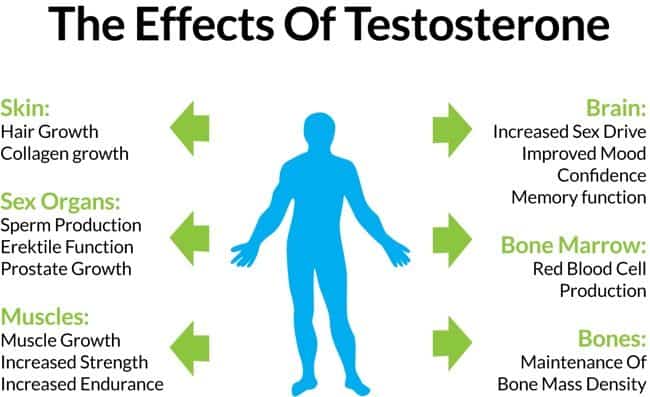
Every night the same thing happens. Before you make your way into the bedroom you take a U-turn to the fridge or the cookie jar in the pantry. Your stomach is rumbling and going to bed hungry is bad for you, isn’t it?
Unfortunately the answer to this isn’t that easy.
The fact is our bodies need energy every second of the day or night. Blood has to be pumped, muscles to be contracted and relaxed, hormones to be produced, and tissue to be repaired.
However, we don’t need a constant intake of calories for that. Starvation is not imminent if we haven’t eaten for more than 10 hours. Believe me.
On the contrary: Studies have shown that blood glucose levels are actually higher when the exact same meal was eaten in the evening rather than during the day, meaning that the body makes better use of the calories and nutrients when eaten during the day time when we are active.
Also going to bed on a full stomach might lead to nasty things like heartburn and digestive trouble, which no one wants. In order to digest your food well and make the best possible use of all the nutrients, dinner should be finished three to four hours before bedtime.
So in general it is better to get our calories in during the day when possible, and have a lighter dinner to allow our body to unwind and get ready for bed instead of digesting a meal. (See also: Eating at night causes weight gain?)
Vital for a healthy body is a good night sleep.
At night complicated processes take place that help us to feel rested and fit during the day. Sleep contributes to a healthy immune system. And sleep is also important for the regulation of the hormones leptin and ghrelin. You can call them both key players in the game of hunger and fullness. (See also: Does sleep help you lose weight?)
And as we all know, going to bed hungry can interfere with a good night sleep. Our brain simply can’t relax with a rumbling stomach. And this becomes a problem like a dog chasing it’s own tail because not sleeping well can lower metabolism and encourages weight gain in the end.
So you have to get your detective hat on and investigate why are you hungry at night?
Did you have too little food all day?
You skipped breakfast, had a leaf of lettuce for lunch and enjoyed some Greek yogurt for dinner? And before bedtime you just can’t contain yourself any longer?
Your eating routine needs an overhaul. You showed tremendous willpower all day. I give you that. But you also showed that you know little about your caloric and nutritional needs.
You need to establish a healthy eating pattern that works for you and keeps you satisfied during the day, so you won’t be hungry at night.
Did you not eat enough for dinner?
In general a bigger lunch and a smaller dinner makes sense. However, if you are hungry at bedtime, your dinner might have been too small. Make sure your dinner is a balanced choice and contains all the macronutrients.
Did you have too many calories and too little micronutrients?
Our bodies thrive to be balanced. For every amount of calories there is a perfect amount of micronutrients such as vitamins, minerals and phytonutrients. If your food choices lacked micronutrients you body may answer in return with cravings until it becomes what it needs to be balanced.
Are you really peckish or crave something else?
Sometimes we may misinterpret hunger. Is it really food you are craving? Could it be thirst? Could it be the need for a hug? Often we fill an emotional void in our life with food. Feelings of tension or frustration for instance can translate into cravings for crunchy stuff. Loneliness or sadness can result in a desire for creamy and sweet comforting foods.
Do you have a very stressful life?
One main concern of your body is steady blood glucose levels even in times of not eating – thus when you sleep. The adrenal hormones largely control normal blood sugar levels – and therefore energy levels.
All kind of stresses – relationship, exercise, and work – take a toll at our adrenals and our blood sugar level. When you adrenals are fatigued and adrenal hormone levels are lower, it becomes harder for your body to maintain steady blood sugar levels.
The only way out of this dilemma is to raise blood sugar levels with the intake of food, meaning your body signals you that you should eat. And there you go. On your way to fridge.
Let’s face it. With a healthy eating routine we shouldn’t be hungry just before bedtime. Studies on intermediate fasting have shown that a healthy body is actually pretty capable of managing energy levels without eating any food for 10-14 hours.
So my advice is to change your eating routine. Try something new. Eat more nutrient dense food during the day and if you must allow yourself a small late night snack – but for enjoyment pleasures only. Not to fill your stomach.










